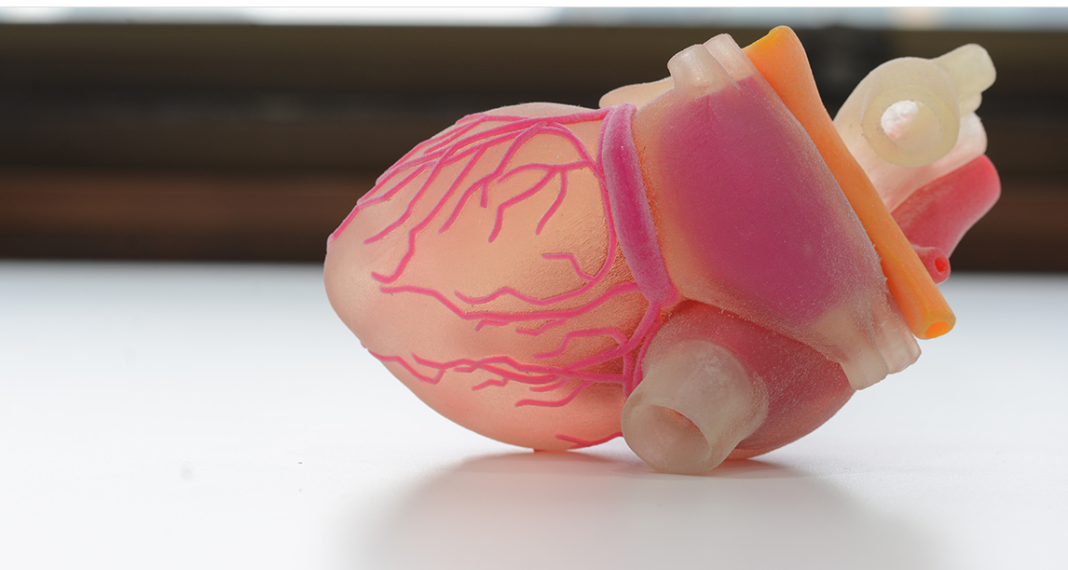The healthcare industry is compelling as it continually brims with new and unique technologies that improve daily. Medical breakthroughs and innovations worldwide enhance the human race’s life in uncountable ways. It is exciting to think about how the healthcare industry will evolve over the years. Here are just a few of the great technologies that are already being used and continually improving.
1. Remote Health Monitoring
Healthcare professionals and their patients can do various types of monitoring these days. Now, patients can be thousands of miles away, and their doctors can still watch their health. This technology has many benefits, including less need to travel, monitoring in real-life situations vs. only in medical settings (for a more accurate analysis), 24/7 monitoring, cost reductions for patients and medical facilities, and faster response times. Patients and professionals have experienced the many benefits of remote monitoring during the COVID-19 pandemic, allowing people to keep their distance from others while still receiving much of the same treatment as they would get in inpatient rehabilitation as an outpatient. Many types of monitoring include heart rate, blood pressure, blood sugar and weight.
2. Telemedicine
Telemedicine has significantly benefited from remote patient monitoring since its implementation several years ago. It has only been enhanced with remote patient monitoring and vice versa. Telemedicine is getting more advanced and gaining in popularity, especially since the beginning of the COVID-19 pandemic. Virtual visits can also increase patient access to medical professionals and collaboration between these professionals.
3. 3D Bioprinting
People have used 3D printing for a while, but this technology has grown much more advanced. It has already helped immensely in many aspects of the medical field. Prosthetics, implants and other devices can be customized to a specific patient’s body specifications. This customization will allow for easier acceptance by the body and more comfort for the patient. 3D printed tissue may even take the place of organ transplants one day. This technology quickly evolves to solve problems doctors only dreamed of several years ago.
4. Nanomedicine
Nanomedicine is one excellent application that has come out of the innovation of nanotechnology. This incredible technology performs on the atomic, molecular or supramolecular scale. Despite everything in nanotechnology being super tiny, it has already significantly impacted the healthcare industry. Scientists are finding new uses for nanomedicine, and the technology is constantly improving and evolving.
5. Virtual Reality, Augmented Reality and Mixed Reality
Virtual reality, augmented reality and mixed reality platforms have incredible applications in the medical world currently. Medical education uses simulation training with which the students can get more hands-on experience doing things they couldn’t practice in years past. With AR, VR and MR, students engage their audio, visual and kinesthetic senses to learn. This technology provides a much more rich education alongside traditional training. In addition to training, medical professionals can use AR, VR and MR technology during surgical procedures to help visibility into a patient’s body without needing a large incision.
Patients can also use AR, VR and MR for various types of therapy, including physical exercises to recover from injuries. Doctors and patients can also use them for mental treatment, such as easing symptoms of post-traumatic stress disorder and specific phobias.
6. Robotic Surgery
The medical industry has used robotics for decades, but it has become very complex. Robotic surgery is used numerous times daily around the world now. It is more precise and less invasive, making it a safer procedure, which means healing time is quicker. Nanobots are also coming into use; they are so tiny that they can flow through the bloodstream to diagnose and prevent different issues. Robotics will continue to have more and more impact on medicine as time goes by.
Technology is advancing fast in the healthcare industry. It has already saved many lives and made patients’ lives much more fulfilling than if the technology didn’t exist. It’s exciting to watch future technology unfold for medical applications.















